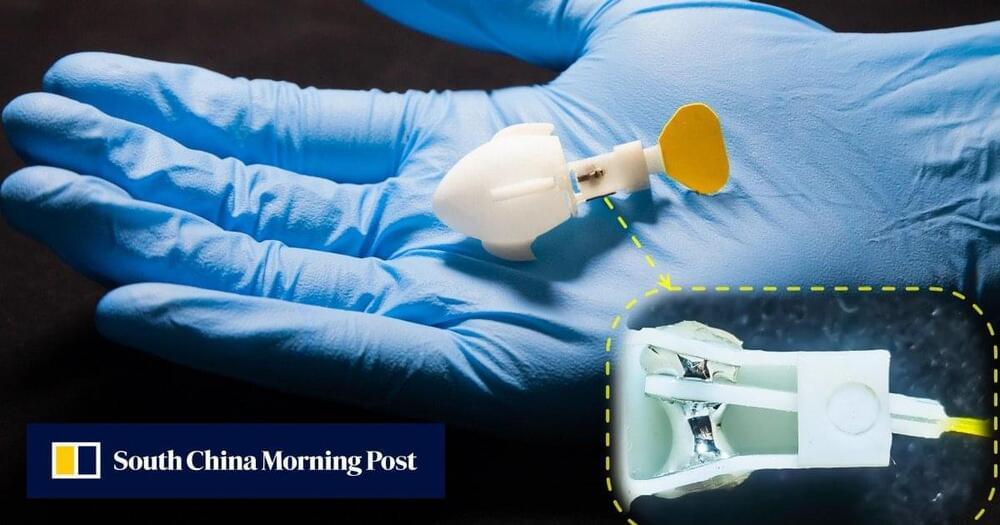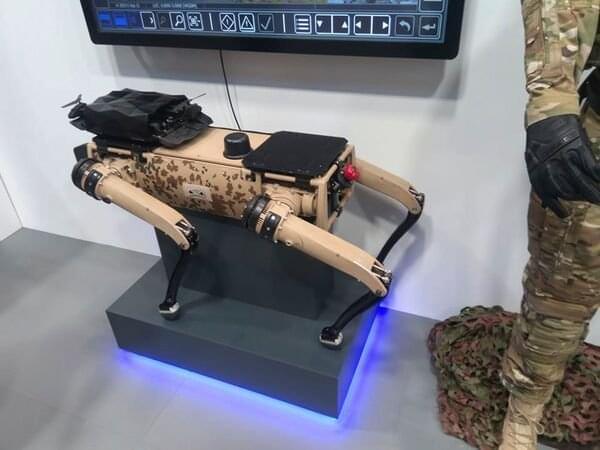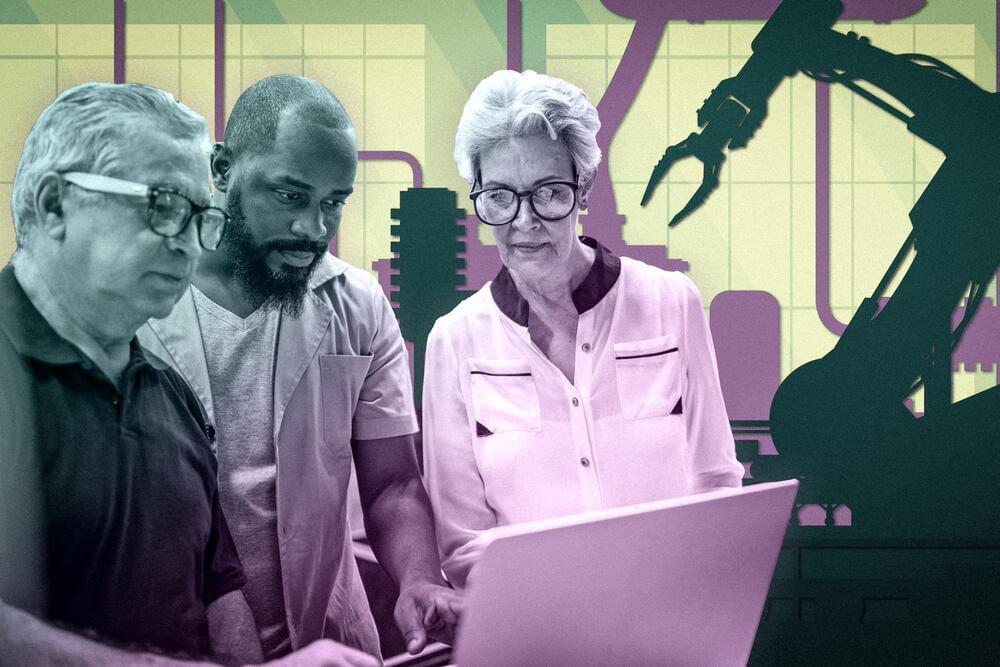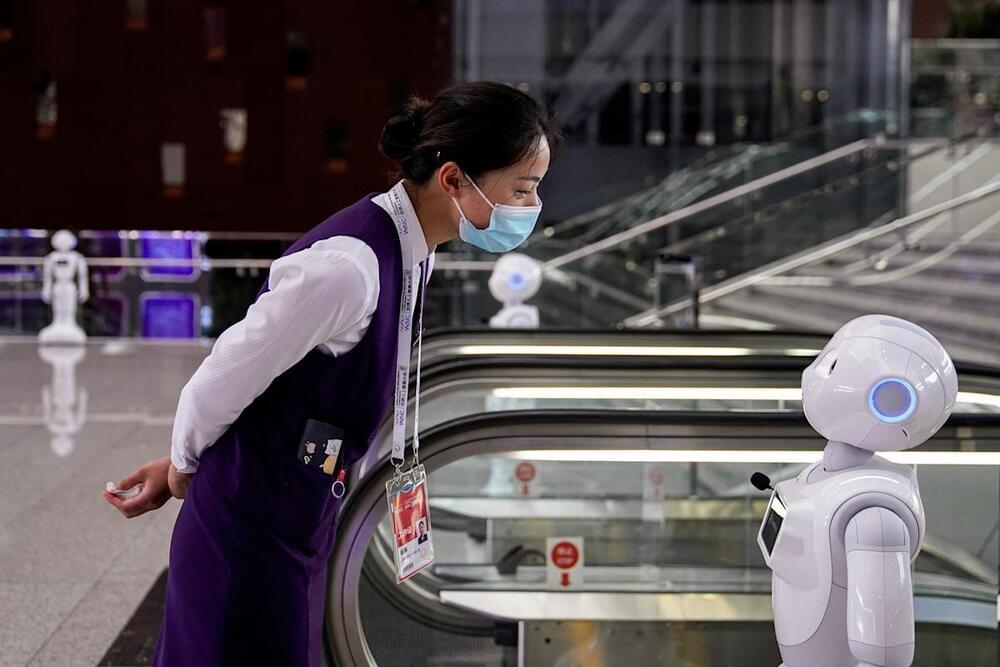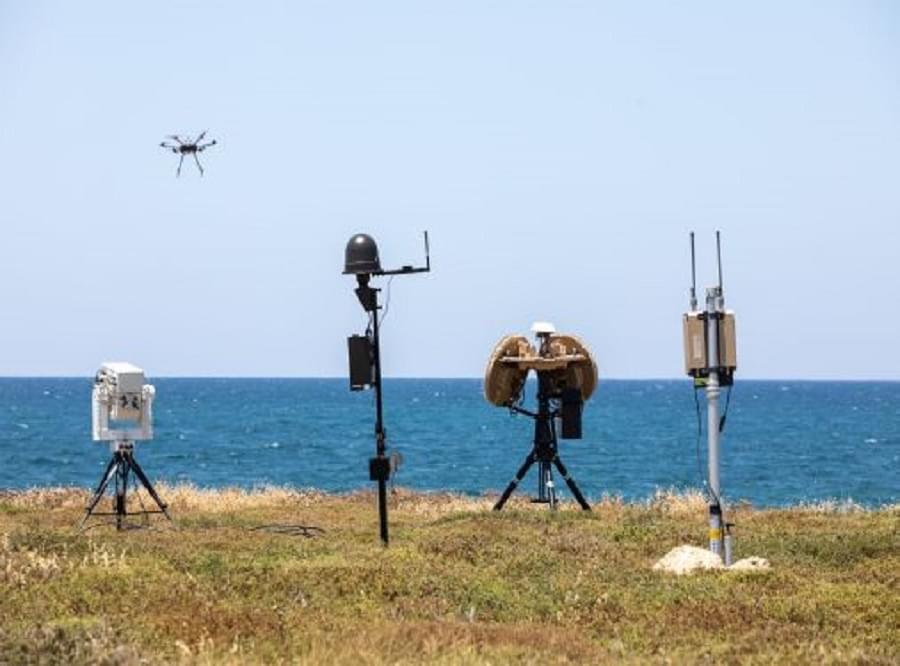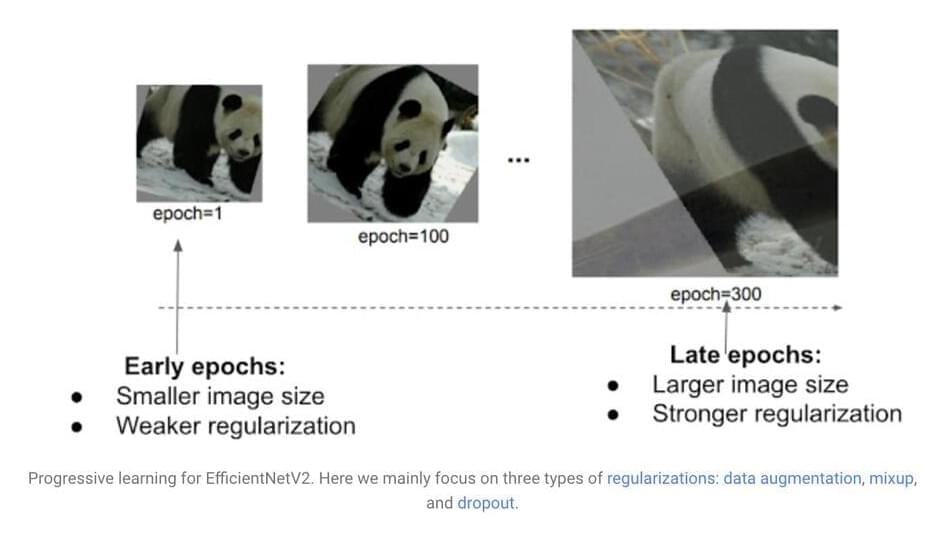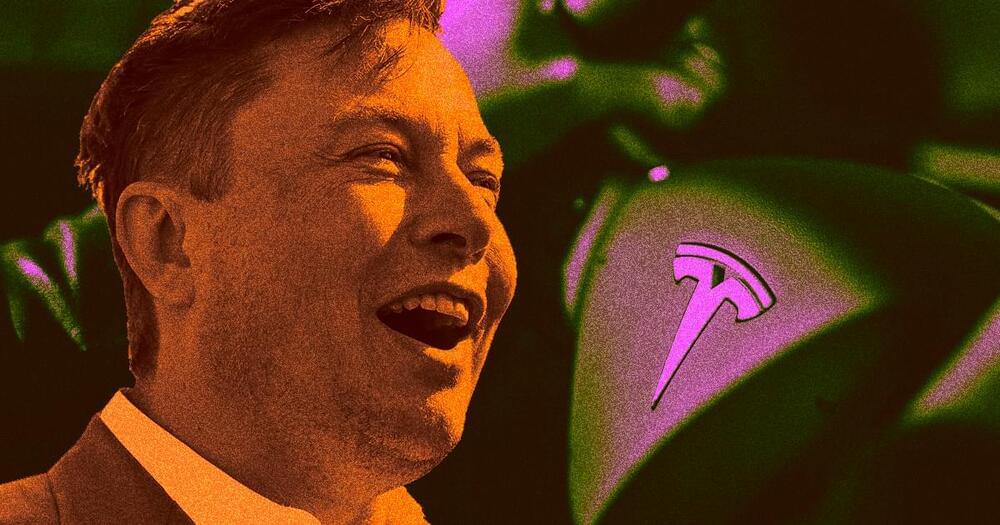It is quickly becoming a hot topic among machine learning experts and those concerned with AI safety.
One of us (Anders) has a background in computational neuroscience, and now works with groups such as the AI Objectives Institute, where we discuss how to avoid such problems with AI; the other (Thomas) studies history, and the various ways people have thought about both the future and the fate of civilization throughout the past. After striking up a conversation on the topic of wireheading, we both realized just how rich and interesting the history behind this topic is.
It is an idea that is very of the moment, but its roots go surprisingly deep. We are currently working together to research just how deep the roots go: a story that we hope to tell fully in a forthcoming book. The topic connects everything from the riddle of personal motivation, to the pitfalls of increasingly addictive social media, to the conundrum of hedonism and whether a life of stupefied bliss may be preferable to one of meaningful hardship. It may well influence the future of civilization itself.
